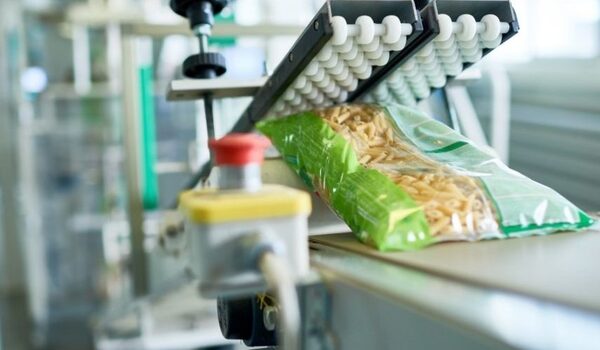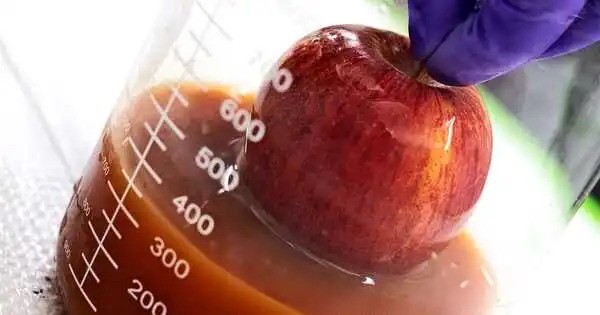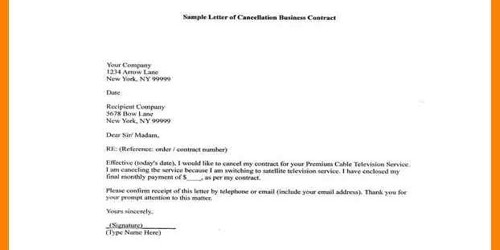Texas A&M researchers use food-grade wax and essential oils to protect vegetables from pathogens. Dr. Mustafa Akbulut, a chemical engineering professor, has collaborated with horticultural science professor Luis Cisneros-Zevallos to develop produce that lasts longer and is free of bacteria.
According to Akbulut’s recent article in Current Research in Food Science, the worldwide fruit and vegetable industry loses more than half of its agricultural fruit production at various stages of produce handling and post-harvest treatments.
Many fruits and vegetables already have a layer of food-grade wax applied for aesthetic purposes and to prevent water loss. Akbulut’s research mixes this wax with nano-encapsulated cinnamon bark essential oil in protein carriers to provide them antibacterial capabilities.
When bacteria are exposed to essential oil it can break down the bacterial wall. This technology is going to basically help us inactivate the bacteria and fungi to extend the shelf-life.
Dr. Mustafa Akbulut
“We are living in an age where technology has advanced so much,” he remarked. “However, the food business has not kept up with these developments, and there are ongoing issues with food safety. Foodborne infections and outbreaks involving hundreds of people becoming ill as a result of unsanitary food are routinely reported on a national scale.
Akbulut’s wax coating technology bolsters the safety of fresh produce and provides enhanced protection against bacteria and fungi. This composite coating provides both immediate and delayed antibacterial effects, according to the article.
Foodborne pathogens are especially problematic for fruits and vegetables that are consumed raw or minimally processed due to the lack of high temperatures that can inactivate them. Development of this coating gives better understanding of the interactions between the wax and undesired microorganisms, Cisneros-Zevallos said.

Potential Industry Use
“I think that the impact that these wax coatings will have on the industry is very big because the industry is looking for new technologies,” she added. “This is one of those tools that we are developing that could actually help the industry face these challenges against human pathogens and spoilage organisms.”
Nano-encapsulated essential oil makes it difficult for germs to cling to and live on fruits and vegetables. According to the report, the delayed release of the essential oil prolongs the half-life of active components and produce when compared to their unencapsulated counterparts.
“When bacteria are exposed to essential oil it can break down the bacterial wall,” Akbulut stated in a statement. “This technology is going to basically help us inactivate the bacteria and fungi to extend the shelf-life.”
Doctoral student Yashwanth Arcot ran experiments to support the research.
“This coating was also inhibiting the fungal attachment,” Arcot pointed out. “We tested our technique against Aspergillus, a fungus known to degrade food and cause lung diseases in humans. We were effective in avoiding its spread on the hybrid coatings.”
According to Arcot, this is the first hybrid technology for destroying germs and fungus that incorporates nano-encapsulated essential oil into food waxes. This hybrid wax is made with FDA-approved antibacterial compounds.
“These hybrid wax coatings are easily scalable and can be implemented in food processing industries,” Arcot pointed out.
















